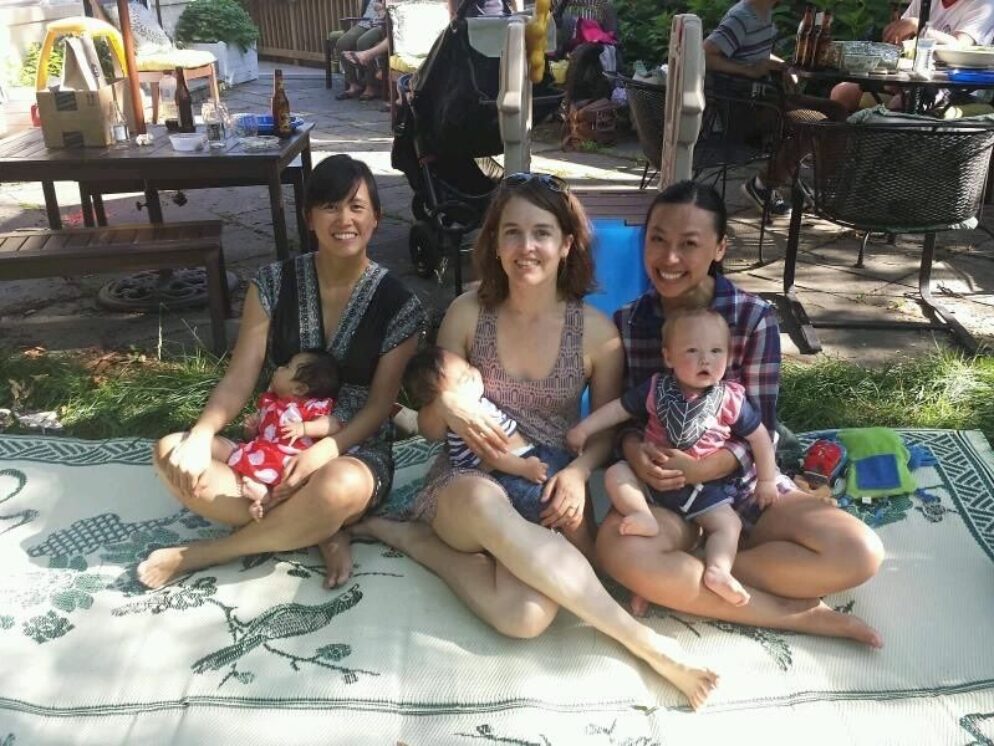Last month I said goodbye to SEARAC, the organization where I lived and breathed a special brand of community-grounded policy work for six years. Though I came as a respectful ally and partner, I found family at SEARAC. What I learned from the community will fuel the remainder of my social justice career.
I came to SEARAC looking for a way to support refugee communities and work for immigrant justice. Unlike most of my colleagues, I do not come from a recent immigrant or refugee family—I grew up on a farm in rural Minnesota as a fifth-generation Norwegian American. It was in eighth grade that I first began to learn about the Southeast Asian American community. After responding to an ad in my local paper, I applied and was accepted to represent my district on the governor’s statewide Youth Advisory Council. Several Hmong American kids served on the council with me representing St. Paul, and I felt an odd kinship with them—I was quiet, and they were too, and I really wanted to know what they had to say.
In college in Minneapolis, I was driven to learn more. I volunteered in a learning circle with Hmong adults who taught me about Hmong language, story cloths, and their long history of migration, war, and displacement. I read everything I possibly could about Hmong communities globally. In 2001, I studied abroad in China with former SEARAC policy director Helly Lee. We immersed ourselves in ethnic minority studies and hiked to a remote Hmong village in Yunnan province together, where she read aloud letters from a family’s relatives in California that they hadn’t been able to decipher for years. As fellow Minnesotans, we kept in touch. Through Helly, I began working with the Lao American community at Legacies of War, advocating to clear unexploded bombs from Laos left over from the U.S. Secret War. Just before Helly left SEARAC in 2012, she convinced the executive director at the time to bring me on.
Six years later, I can say that I found my purpose in life at SEARAC—not from my meetings on the Hill or at the White House, which I never particularly enjoyed, but from the families I worked with who bravely fought their deportation orders, sometimes winning against all odds. My time as the immigration policy manager at SEARAC was intense and emotional, and I am forever changed by it. I want to thank these people in particular for inspiring me: Lundy Khoy, Many Uch, Rithy Yin, Tai Little, Touch and Puthy Hak, Jenny Srey, Montha Chum, and their beautiful families. They put their hearts and souls into fighting for their families and their communities, and I want to do everything I can to be useful as an ally in their movement.
Next fall I will start law school at Georgetown University Law Center, where I will be a Public Interest Law Scholar with a focus on immigration law. I hope to use my legal knowledge to push back on punitive criminal immigration policies that only perpetuate cycles of pain and trauma. Inspired by the success of the ReleaseMN8 campaign, I want to find innovative ways to keep families together despite those policies.
Thank you to the SEARAC community for being my home and my family for the last six years. I will remain a committed friend and co-conspirator in the years to come.
Mari Quenemoen is SEARAC’s former Director of Communications and Development. We are proud to have her as a member of the SEARAC family, and are excited to follow her career as she continues serving as a fierce advocate for family rights.

